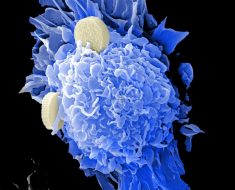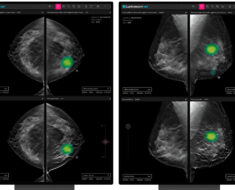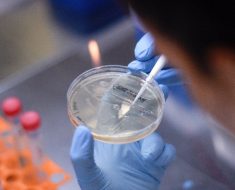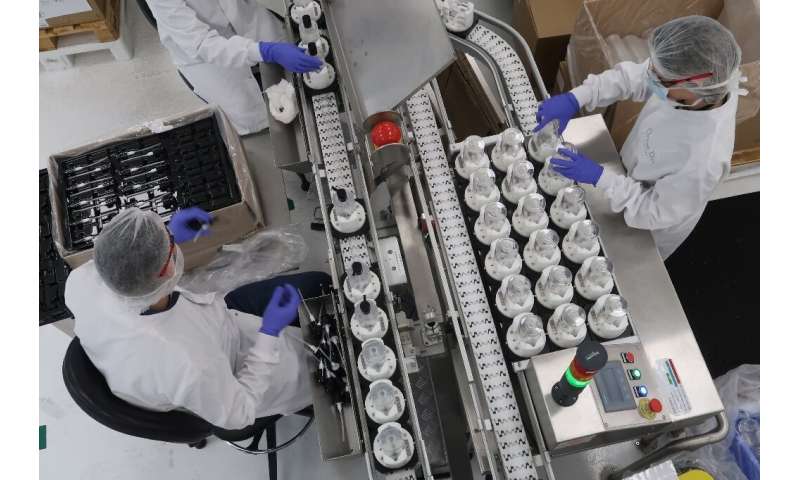
Companies across the world are joining ordinary people in adapting to help stem the COVID-19 outbreak, heeding government calls to switch to a war footing.
Nearly 220,000 cases have now been recorded in 157 countries and territories, with more than 9,000 deaths. On Wednesday, the death toll in Europe exceeded the toll in Asia.
Manufacturers are being urged to join the collective effort in a way not seen since World War II, and produce medical equipment such as ventilators which are set to be in short supply as cases spiral.
This week European Commission president Ursula von der Leyen said the EU was working with industry to boost production and would launch a joint procurement programme with national governments for testing kits and ventilators.
British Prime Minister Boris Johnson on Monday hosted a conference call with dozens of industry leaders to urge them to help the country increase production of key medical equipment.
“A number of companies are already engaged in the effort and exploring how they can best support,” a Downing Street spokesperson said following the call.
Singapore-based electric appliance pioneer Dyson, British heavy equipment maker JCB and Japanese car manufacturer Honda were among those involved in the discussions.
All three companies told AFP they were assessing whether they could help.
“It’s unclear as yet if we can assist,” JCB chairman Anthony Bamford said in a statement.
“We will do whatever we can to help during the unprecedented times our country is facing.”
However, some have questioned whether non-specialist firms will be able to switch production to medical devices.
Craig Thompson, head of products at Oxfordshire company Penlon, told the BBC the idea that other firms could switch production was “unrealistic”.
In the United States, leading American carmakers are said to be looking at whether they can help make ventilators after a call to arms by the administration of President Donald Trump.
Tesla’s pioneering chief Elon Musk said on Twitter: “We will make ventilators if there is a shortage”, without providing further details.
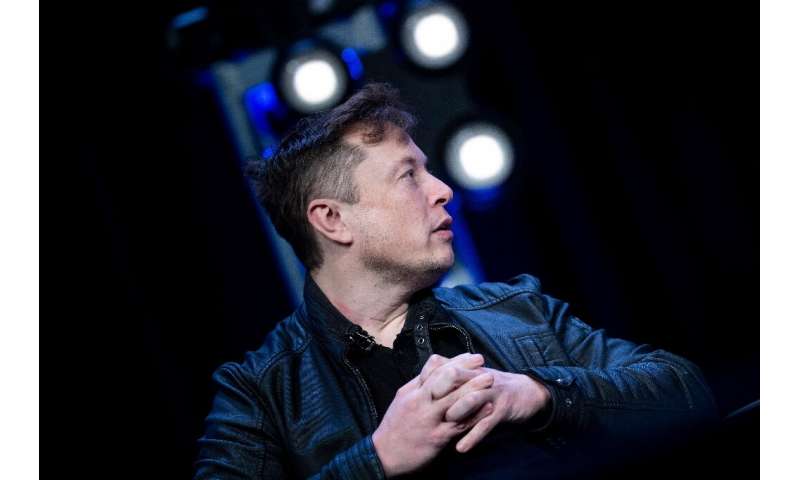
‘People’s war’
The World Health Organization (WHO) has estimated the COVID-19 response will require 89 million medical masks, 76 million examination gloves and 1.6 million goggles each month globally.
In response, European and other firms from various sectors, as well as citizens, are stepping up to make these items, which are far easier to produce than more complex machinery.
In Ireland a distillery’s gin stills have been refashioned to churn out hand sanitiser, while a small company in the Bulgarian capital Sofia which normally produces sleeping bags for infants is now making masks.
In France, perfume, pharmaceutical and chemical firms are also reorganising to mass produce sanitisers, including luxury group LVMH, which usually turns out its Christian Dior, Guerlain and Givenchy scents.
Meanwhile, thousands of Czech women have joined forces via social media to sew face masks at home.
The efforts mirror what occurred in China, where the epidemic began earlier this year but has been severely curbed by stringent quarantine measures and a collective nationwide effort.
On Thursday the country marked a major milestone in its battle against the pandemic as it recorded zero domestic infections for the first time since the outbreak emerged.
In mid-February, when the outbreak peaked there, Chinese President Xi Jinping called for a “peoples’ war” on the virus and called on companies to contribute to mask-making and other efforts.
Thousands of firms across the vast country reportedly responded to the appeal, including Foxconn, the manufacturer of Apple iPhones, and carmaker BYD.
Foxconn, the world’s biggest contract electronics maker, last month began making face masks alongside Apple products at its Shenzhen factory.
Source: Read Full Article
